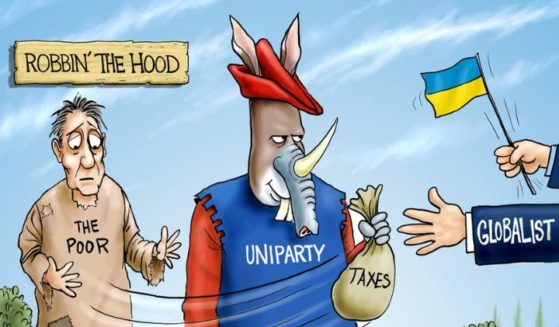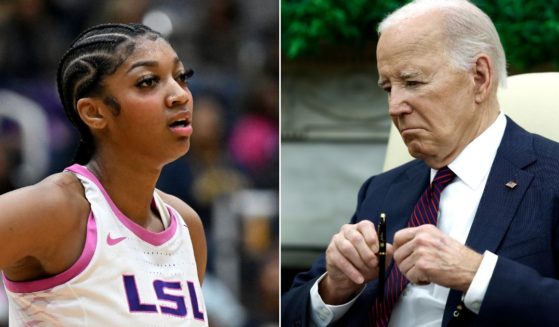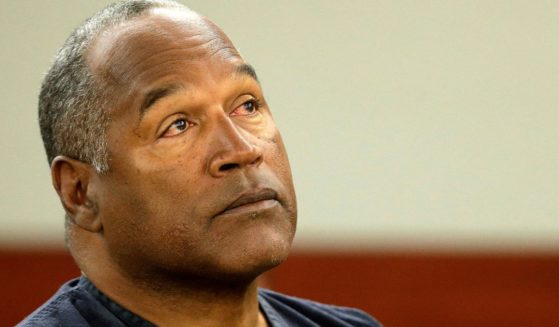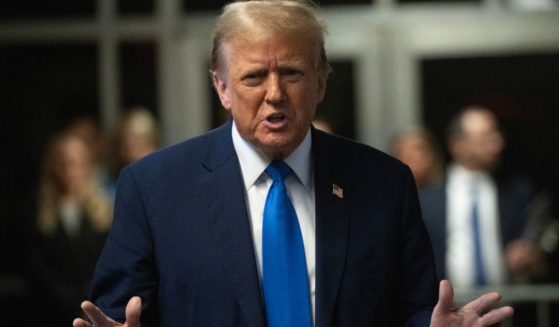Mike Pompeo: US Government 'Seriously' Targeting TikTok, Other Chinese Social Media Apps
The United States is considering restricting Chinese social media platforms as a result of widespread data-mining and national security concerns.
Secretary of State Mike Pompeo first addressed the issue Monday, revealing in an interview with Fox News host Laura Ingraham that members of the Trump administration are “looking at” banning prominent video-sharing application TikTok and other Chinese platforms from the American marketplace.
Pompeo, however, said he was unwilling to “get out in front of” President Donald Trump on the prospect of pursuing such drastic action.
“Your viewers should know we’re taking this very seriously. We’re certainly looking at it,” Pompeo said. “We’ve worked on this very issue for a long time, whether it was the problems of having Huawei technology in your infrastructure.”
“We’ve gone all over the world and we’re making real progress getting that out. We declared [Chinese telecommunications company] ZTE a danger to American national security. We’ve done all of these things. With respect to Chinese apps on people’s cellphones, I can assure you the United States will get this one right, too,” the secretary added.
Pompeo also warned U.S. citizens against downloading the applications in question if they don’t want their “private information in the hands of the Chinese Communist Party.”
Sec. Pompeo when asked if the Administration has considered banning TikTok: “We’re certainly looking at it.” pic.twitter.com/N9NmbDOka0
— Benny (@bennyjohnson) July 6, 2020
The statements come as Western leaders and companies grapple with how best to respond to newly passed security legislation that places substantial restrictions on online privacy and freedom of speech in Hong Kong.
A special administrative region of the People’s Republic of China, Hong Kong has been embroiled in widespread democratic protest against Chinese Communist Party (CCP) authority for roughly a year.
According to BBC News, the legislation, passed June 30 by Chinese officials in Beijing, was intended to crack down on such demonstrations and bring political stability to the city. Composed of 66 articles, the law expands China’s online surveillance capabilities in the region and broadly criminalizes any activity or expression that could be deemed an attempt to secede, subvert, collude or terrorize.
American technology companies Google, Twitter, Facebook and their affiliates have placed holds on information and data shared with Hong Kong law enforcement in light of the bill’s passage, NBC News reported.
Following suit, TikTok announced Tuesday that it would withdraw from Hong Kong in order to avoid CCP surveillance efforts.
“In light of recent events, we’ve decided to stop operations” in Hong Kong, company spokesperson Cheryl Long told NBC News in a written statement.
Chinese officials have been outspoken in response to the withdrawal, claiming Western technology giants were painting enhanced surveillance of Hong Kong residents in a negative light for political gain.
“We hope that the parties concerned will view China’s legitimate rights to safeguard its sovereignty and security in a fair, objective and rational manner,” Chinese Foreign Ministry spokesman Zhao Lijian told local media, asking them to be “cautious and prudent on Hong Kong-related issues, and do not selectively set up obstacles, nor politicize the issue.”
Nowhere has the legislation seemed to draw more concern than in the U.S. State Department, however, with Pompeo referring to it as “Orwellian” and antithetical to a “free Hong Kong.”
Despite TikTok’s decision to pull out of China’s administrative region over concerns with newly passed security legislation, Pompeo did not back down from assertions the platform was being reviewed with regard to U.S. national security interests and privacy concerns.
“What you’ll see the administration do is take actions that preserve and protect that information and deny the Chinese Communist Party access to the private information that belongs to Americans,” Pompeo said.
“It’s a big project because we’ve got partners all around the world where infrastructure crosses a Chinese technology and then comes to the United States. So one should think about this as a project of real scale and real importance.”
The Daily Caller’s @TocRadio asked Secretary Pompeo about banning TikTok:
“The infrastructure of this next 100 years must be a communications infrastructure based on a western ideal of private property and protection of private citizens information.” pic.twitter.com/DlRLwFEcIX
— Daily Caller (@DailyCaller) July 8, 2020
“The infrastructure of this next 100 years must be a communications infrastructure based on a Western ideal of private property and protection of private citizens’ information in a transparent way. That is not the model the Chinese Communist Party software and hardware companies are engaged in,” the secretary added.
Owned by Beijing-based technology company ByteDance, TikTok has grown increasingly popular on international markets in recent months, with millions of young people downloading the application to share brief comedy and dance videos.
The platform, initially developed in 2016, has been subject to immense controversy since rising to mainstream popularity in the past year, with many sources claiming its developers censor content that depicts CCP human rights violations or otherwise criticizes Chinese leadership.
TikTok spokespeople repeatedly have opposed such allegations.
The Western Journal has reached out to TikTok and the State Department for further comment but has not received a response.
Truth and Accuracy
We are committed to truth and accuracy in all of our journalism. Read our editorial standards.











